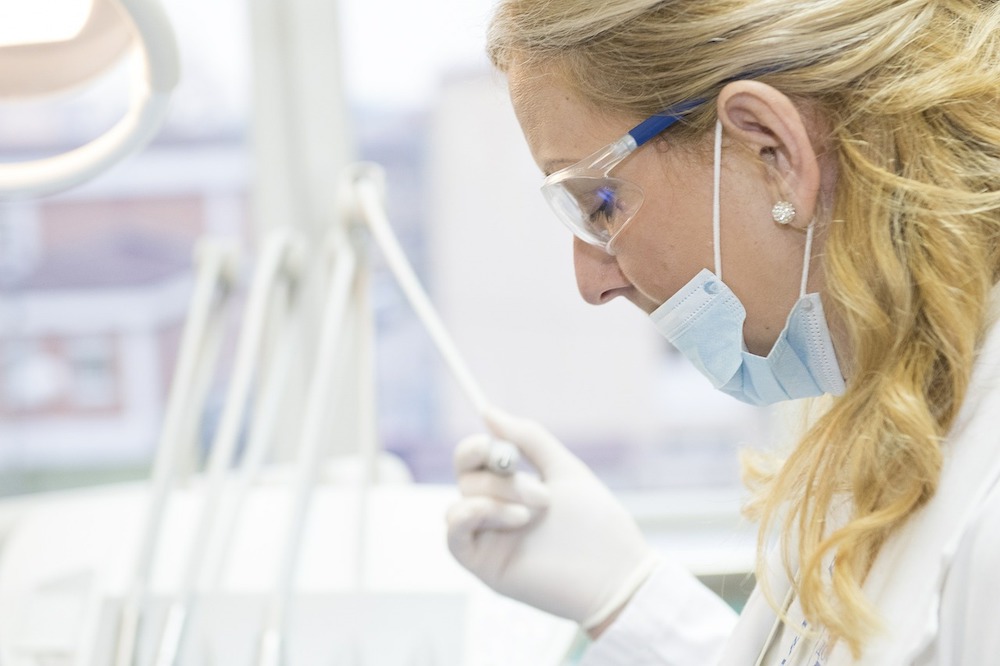Diabetes is a condition in which the pancreas doesn’t produce enough insulin (or any at all) to control how your body deals with sugars and carbohydrates.
Type 1 diabetes is often discovered in childhood, with symptoms including intense thirst, tiredness, and frequent urination.
At present, it is treated either with regular insulin injections or in more recent years, inulin pumps. These work by having a small needle inserted at all times, which is attached to a device that allows you to release insulin as and when you need it.
It also involves regular testing of your blood sugar to ensure you maintain a safe level in your blood.
3 Important Factors to Consider when looking at When a Diabetes Cure Will Happen
Diabetes Research
Over the years, there has been a lot of research into various possible treatments for diabetics. In the late 90s, experts were attempting to develop an inhaler that would allow you to inhale insulin as opposed to injecting it. This research seemed to come to a halt for a little while until in 2014, the FDA approved the use of an inhaler for insulin before meals.
For people with needle phobias, this was indeed a breakthrough, but science is now going a step further and looking at ways they can cure type 1 diabetes altogether. The London Diabetes Centre has some great information and support available for anyone suffering from Type 1 diabetes or supporting someone suffering from the condition. The clinic offers remote or face-to-face consultations.
The Diabetes Cure?
Whilst, at present, a cure seems a long way off, and medical trials can take many years to complete, pharmaceutical companies with the help of due diligence consulting, are looking into developing a vaccine for Type 1 diabetes.
Type 1 diabetes occurs when the body’s T cells (also known as killer cells) attack the beta cells in the pancreas, stopping it from being able to produce insulin.
Scientists are working on a vaccine that will essentially stop the T cells from attacking the beta cells, therefore preventing diabetes from ever occurring in the first place.
The treatments have already shown promise in clinical studies on mice, however, nothing has yet to be approved for human use at this time, despite numerous trials being under way.
How Far Along Are the Trials?
One vaccine was unfortunately found to be non-successful in humans and is currently undergoing further research to see how it can progress from here.
Another vaccine here in the UK is still in the research phases, but the most exciting advancements right now are in the USA, where they have successfully treated mice and human trials have been making great progress. However, development is slow, and little has been published on the project in the last few years, despite it showing huge promise.
Clearly, progress for a cure in diabetes is going in the right direction, but the development of any new treatment is an extremely slow process, so it could still be several years before anything available for human use comes on the market.
That being said, diabetics should be hopeful that there are a lot of promising teams working on different endeavours and that science only improves with time. Hopefully, an alternative will soon be in reach!
Conclusion
In conclusion, finding a cure for diabetes remains a pressing issue, with significant strides being made in research and development. The work being done by researchers and scientists in the field of diabetes research is incredibly promising, with innovative methods and new technologies being tested to find a cure.
However, it is essential to understand that the process of developing a cure for diabetes is a complex one, with several factors that can influence the timeline. Keeping up with the latest developments in the field, understanding the progress of clinical trials, and supporting diabetes research can help bring us one step closer to finding a cure for this chronic disease.





